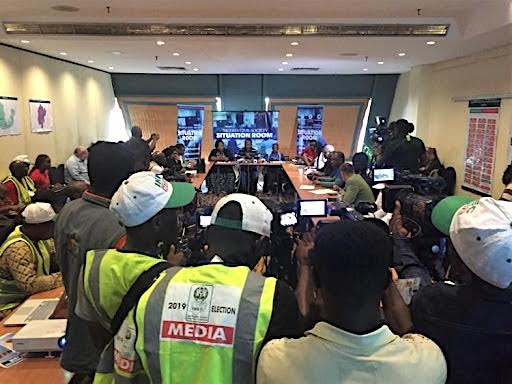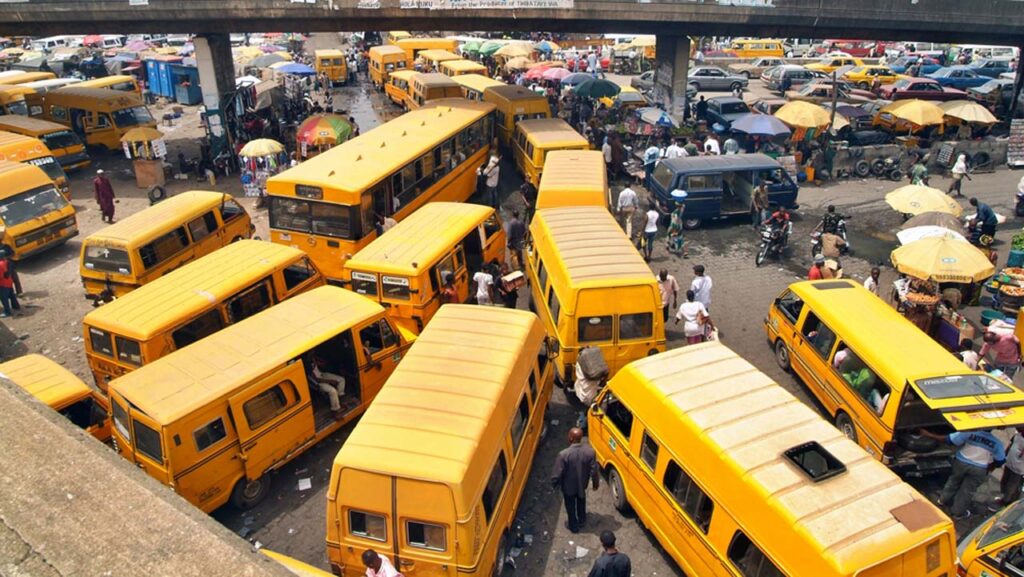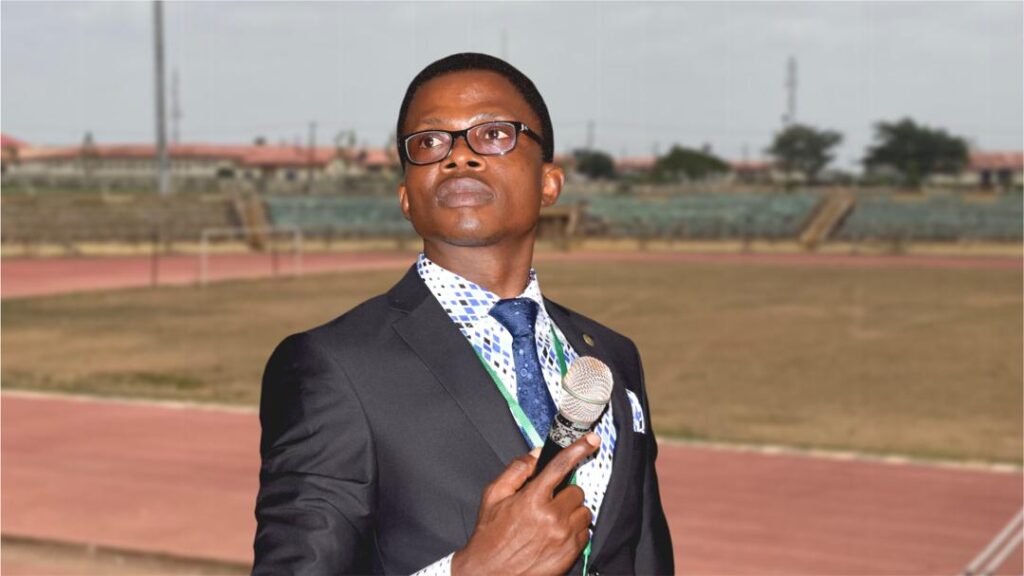
As part of efforts aimed at countering fake news, mis-information and dis-information, International Press Centre (IPC) recently held a two-day capacity building workshop in Kaduna State on combating information disorder in democratic governance reporting using fact-checking and Freedom of Information (FOI) tools.
Programme Manager, IPC, Stella Nwofia, disclosed the training addresses a critical aspect highlighted in the EU-EOM final report on the 2023 general elections, which underlines online platforms role in the electoral process.
Despite repeated warnings from government officials about the dangers of misinformation, Nwofia observed various entities, including individuals associated with major political parties, disseminated false information online.
Speaking further, she added, “central to democracy is the conduct of free and fair elections, empowering individuals to exercise their rights, hold leaders accountable, and shape their collective destiny. However, the rise of misinformation poses a significant threat to democratic governance, fostering scepticism, discord and distrust. By promoting a culture of critical thinking, fact verification, and media literacy, our goal is to empower journalists to uphold truth, advocate for integrity, and safeguard democracy.”
Executive Director, Media Rights Agenda, Edetaen Ojo, spoke on: “Post Election Reporting: Using FOI and other investigative methodologies to report democratic governance and electoral accountability issues.”
He revealed FOI requests could be used to target expense claims of public officers for a variety of activities, including travels, meetings, entertainment; monitoring the processes of contract awards, the value of contracts awarded, the standards of performance; check revenue and expenditure profiles of public institutions.
Ojo disclosed the FOI Act could also be used to obtain raw data from public institutions, which are analysed to establish patterns or detect any breaches of the law, rules, regulations, codes of conduct and extracting the results or findings of unpublished investigations or enquiries.
To him, regular use of the Act give journalists real chance to live up to the obligations of the media under Section 22 of the Constitution, which provides that: “The press, radio, television and other agencies of the mass media shall at all times be free to uphold the fundamental objectives contained in chapter two and uphold the responsibility and accountability of the government to the people.”
On her part, a senior lecturer at the Kaduna Polytechnic, Fatimah Shaibu, spoke on, “Deepening Reportage of Gender Issues Post-Elections”.
She stressed the need for media reports to depict “women’s role as essential and important and not as superior or inferior; recognise both genders and accord appropriate limelight to their roles and achievements; desist from systemic reinforcement of patriarchal framing of politics concerning gender issues; give women issues more visibility as against the logic of media commercialisation, which prioritises profit and access to those with the means of purchase, who are mostly men.”
Others include, gender mainstreaming should be adopted to depict the concerns and experiences of women as an integral part of mainstream media so that women can benefit as men do; in deepening reportage of gender issues, it must be seen as a way of examining how social norms and power structure impact the lives and opportunities available to different groups of men and women.
In his presentation, Executive Director IPC Lanre Arogundade, who spoke on, “Fact checking of pictures in the head, good journalism and imperative of investigation and verification” noted that the picture in the head may not be the picture out there.
Arogundade stated the picture in the head may make people to engage in hate speech and it can also make you to do so even as a journalist; the picture in the head may make people to engage in disinformation and spread disinformation by way of misinformation including you as a journalist.
He noted 51.1 per cent of online misinformation also comes from manipulated images, adding deep fakes are specific subset of synthetic media that focus on manipulating or altering visual or auditory information to create convincing fake content, ranging from images, audio and video.
Arogundade cited example of deep fake as videos that replace one person’s face with another, which can be created with malicious intent in order to deceive viewers and are becoming highly realistic and difficult to distinguish from genuine recordings or images.
He listed steps to fact checking as, understanding bias and eliminating it; diversifying and using multiple but credible sources; distinguishing between facts an opinion; or between facts & fiction; applying journalistic curiosity or common sense and using the Freedom of Information Act
The workshop was a component of the collaborative efforts between IPC and the Centre for Media and Society (CEMESO) under Component 4 of the European Union Support to Democratic Governance in Nigeria (EU-SDGNII) project.
The training, which began in Ondo State as the initial phase, followed by Port Harcourt, is designed as a three-part series. Its primary goal is to provide journalists nationwide with essential tools, skills, and knowledge. The program aims to empower journalists to adeptly navigate the challenges of the digital era, all while maintaining standards of responsibility and ethical behaviour.













